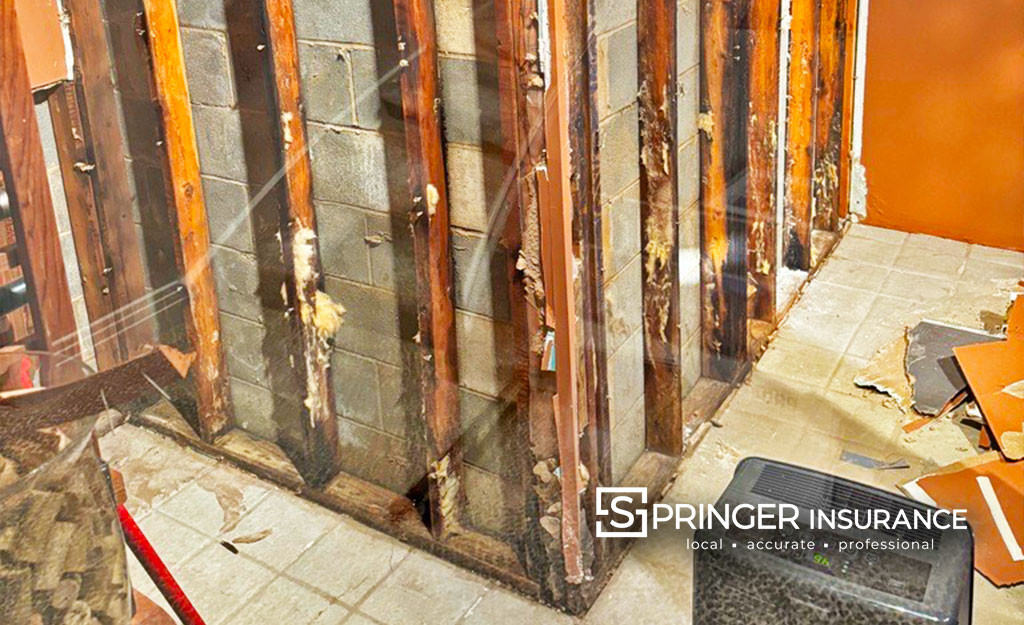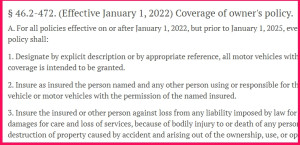
Gutters - they are there for a reason!
Nicholas Springer
A flooded basement may be high on the list of a homeowner's worst nightmares. An influx of water into the basement can damage your home's foundation and lead to additional problems like mold and mildew. The cleanup after a basement flooding can be time-consuming and expensive, making basement flooding prevention essential. Discover what may cause your basement to flood and get tips on how to prevent basement flooding.
What causes basement flooding?
Some common factors in causing a basement to flood can be attributed to the location of your home. If your home sits on a low point or at the bottom of a hill, the water that flows downhill may at times settle in your basement. A home situated on a floodplain or near a rising river also increases the risk of flooding. Other causes of basement flooding include:
- Heavy rainfall: During a heavy rainstorm, water can accumulate around the home’s foundation and seep into the basement through cracks or holes in the walls or floors.
- Sewer backup: Sewer backup can occur when the sewer system becomes overwhelmed with water after heavy rain, causing the sewage to back into the basement.
- Foundation issues: If you have cracks or gaps in the foundation walls or floor, water can seep in and flood the basement. Learn how homeowners insurance covers foundation damage and how foundation piering can fix cracks in your home's foundation.
- Sump pump failure: The purpose of the sump pump is to pull water out of the basement. Sump pumps can malfunction, which would allow water to flood the basement. Learn more about sump overflow and water back-up coverage for homeowners.
- Plumbing problems: Leaking pipes, burst pipes, or broken plumbing fixtures can cause water to build up in the basement.
- Landscaping problems: If the ground around your home doesn’t slope away from your foundation correctly, water can accumulate around it and seep into the basement.
How to prevent basement flooding
Basement flooding and water damage are common problems homeowners face. But all hope is not lost. There are several steps you can take to prevent basement flooding, such as:
- Install window well covers to prevent heavy rainfall from seeping through your basement windows. You can purchase clear acrylic covers that deflect the water but allow light in.
- Ensure your gutters and downspouts are clear of old leaves and other debris. Keep them clean to ensure that the water from your roof flows away from your house. Bob Vila recommends positioning the downspouts at least three feet away from the foundation to drain storm water away from the house.
- Install a backwater valve to prevent sewage from backing up into your basement after heavy rain. A backwater valve works with your sump pump and pit to divert excess water from your home.
- Seal any cracks in your foundation, check for gaps or cracks in your basement walls or floor and seal them with hydraulic cement or epoxy.
Consider waterproofing your basement, which you can do yourself, or hire a professional.
- Install a sump pump, which helps prevent basement flooding by pumping water out of your basement. Testing the pump at least once a year is essential to ensure it functions correctly. American Dry Basement Systems advises installing a backup battery or generator for your sump pump will ensure that it keeps running when the power goes out during a storm.
- Maintain your plumbing. Check for leaks or clogs in the pipes that could cause your basement to flood.
- Grade your yard so that the ground slopes away from the foundation to prevent flooding in basement.
The Family Handyman recommends installing a water leak detector in your basement. The electronic sensor sound an alarm when it gets wet. So, while it won't prevent a flooded basement, it alerts the homeowner as soon as a leak begins.
Learn more about what to do after your house floods. If the influx of water was from a major storm, find out if home insurance covers basement flooding.
Please visit the original Blog Post from Progressive Insurance


















